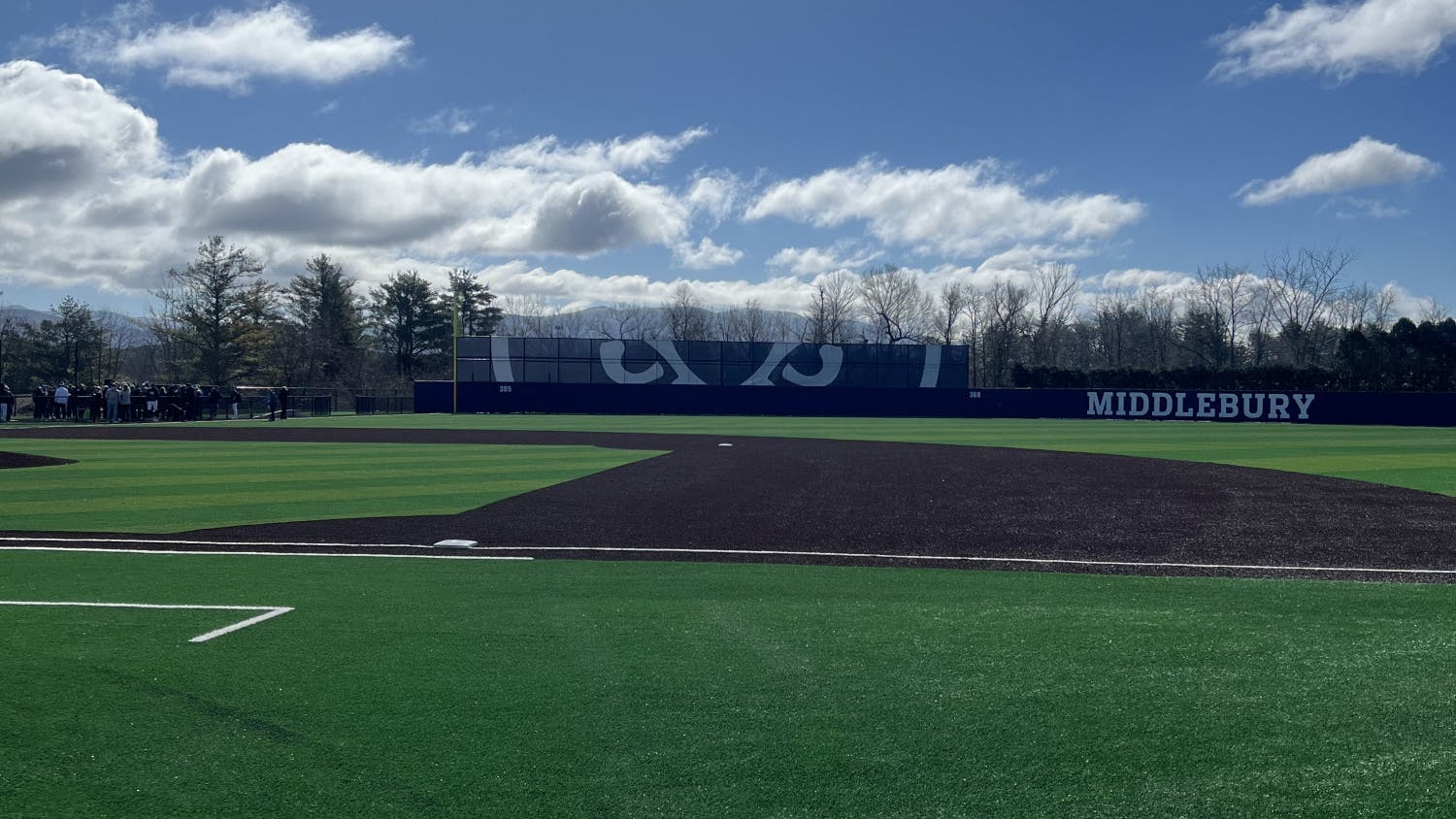Author: Sarah Bryan
Three years ago, students in Professor Jon Isham's spring Environmental Economics course were assigned to develop a solution for current environmental problems. Five students, four of whom were members of the Middlebury ski team, sat down to brainstorm ways in which the College could become actively involved in the pressing issue of carbon dioxide emissions. Within a few weeks, the group had organized a plan to make the Middlebury College Snow Bowl a carbon neutral resort. By the end of the year, their project came to fruition, as the Snow Bowl became the first carbon neutral ski area in the United States.
Located just 14 miles away from the College campus on Route 125, the Snow Bowl consists of 110 acres and 14 trails. It may be a small operation compared to some of the big resorts in the West, but the local feeling and relaxed atmosphere attract students and community members throughout the winter months.
"We are not dealing with as much carbon emission as other large ski areas, like Vail or Keystone out West," said Snow Bowl Manager Peter Mackey. "It is much easier to track how much we are emitting, and therefore we can look at every aspect of our operation."
With the help of privately owned renewable energy company Native Energy, the Snow Bowl calculates its carbon dioxide equivalent (CDE) emissions for its electricity, fuel and skier travel. Back in 2006, when the project was first presented to the board of the College, the Snow Bowl emitted 679.9 tons of carbon dioxide. Today, it has dropped its number to 557.2 tons. To get a tangible idea of what that looks like, one ton of carbon dioxide fits in a 27-foot cube.
The main method the Snow Bowl uses to maintain its carbon neutral is through the purchase of carbon offsets. NativeEnergy, located in Charlotte, helps the College find renewable energy sources that it can support monetarily. This year, Middlebury can choose between the Brubacker family farm's methane digester in Mt. Joy, Pa. or the Cascade Sierra Solutions Truck Fuel Efficiency project that helps truckers nationwide reduce their CO2 emissions.
In addition to purchasing offsets, the Snow Bowl supports other methods of being environmentally friendly. The largest source of carbon emissions comes from consumer and employee travel to and from the slopes, totaling 204 tons per year. To lower emissions from this source, the College heavily supports the use of the ACTR shuttle bus that goes back and forth from campus to the slopes every 90 minutes. An upgrade from snowmaking guns to a more efficient model that requires less diesel fuel also lowers emissions, and five years ago, the lodge was renovated with highly efficient lighting and heating that help keep down emissions.
Nationwide, 34 resorts pride themselves in offsetting 100 percent of their energy use. While that may be the case, Mackey notes that there is a "perception that if you are using green power, you are carbon neutral. That's a deceptive statement to make, because many resorts are only offsetting the carbon produced from their electricity use."
Because the Snow Bowl cuts back on all fronts, rather than just electricity, it stands at the forefront of green ski resorts. Although carbon offsets significantly diminish the carbon footprint of the Snow Bowl, some criticize the process as an easy way out of lowering emissions. Another way for the ski facility to reduce emissions is to cut back on operations such as grooming and snowmaking. Unfortunately, this change would inevitably undermine the ski area as a whole and therefore is an unlikely option for the resort to implement. A more practical idea would be to follow in Massachusetts ski resort Jiminy Peak's footsteps and install a wind turbine on the mountain.
As time passes, the College looks for other ways to cut back on emissions. Increased support of the public bus and using more efficient machines and technologies are direct ways to cut back, while purchasing offsets supplements the leftover emissions. Middlebury's decision to support the idea of a few former students has greatly helped our environment stay clean and will allow us to enjoy yet another fabulous ski season at the Snow Bowl.
Snow Bowl becomes carbon neutral
Comments



